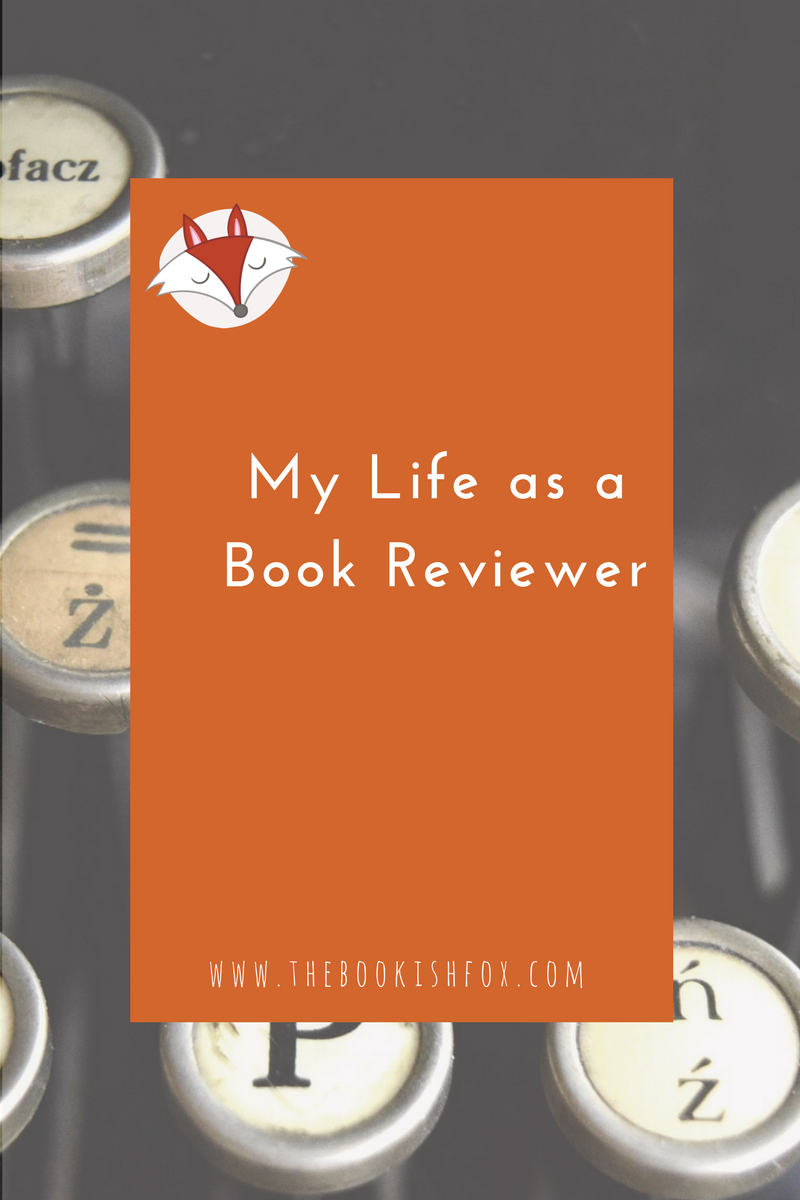
As some of you might know, I am a book reviewer for Imaginary Book Club. This means I sometimes get free books to read or I just write about whatever I happen to be reading at the moment.
Many of clients/readers have asked me about what my life is like as a book reviewer (it is not always snuggling with blankets and drinking hot chocolate while reading…but it can be), so I decided to pull aside the curtain (unlike the Wizard of Oz, I have no problem doing that) to give you a better sense of what book reviewers think about when they are reading a book (or at least what I think about). Here are a few questions that I ask myself as I am reading a book for review.
1. Are the characters well-developed and believable?
I call it “can I imagine meeting this person in real life?” test. Whenever I encounter a character, I think about if I could imagine interacting with him or her in my real life. Would I want to date this person? Would he or she be my new best friend? Would I want to avoid him or her at all costs? It doesn’t matter as long as I can imagine really meeting this person. If the answer is a “no,” then the author should have spent more time developing his or her characters.
2. Does the plot make sense? Are there any plot holes?
I frequently like to think how I would react if I were a character in a certain situation. For example, if I saw a ghost, would I react in that way? I know that sounds like it is related to character (which it is), but characters drive the plot. If characters do something strange/unrealistic, it destroys the believability of the plot. Also, I look for plot holes (for example, why don’t people just shoot Voldemort in Harry Potter ?) and timeline inconsistencies.
3. Is the writing good? Are there grammatical errors?
The fastest way to get a negative review is to have typos/grammatical errors in the book. This is more of a problem with self-published books, but it is still important to have good writing, even if the book is traditionally published. I have bumped up a book more than 10% (we use percentages at Imaginary Book Club) if the writing is particularly beautiful. The quality of the prose makes a huge difference.
4. Is anything in the book offensive or problematic?
I look to see if a book has handled difficult issues in a sensitive way. For example, I significantly lowered my score for Before I Fall because I didn’t think the issue of suicide was handled well. Books are powerful, so it is so important to be careful when handling serious issues.
5. Is the narrative voice engaging?
Narrative voice is everything, especially if you are writing a non-fiction book. I gushed over Anna Kendrick’s memoir because her narrative voice is so funny. If I feel like I am having a conversation with a friend when I read a book, it is a definite win. Alternatively, if the narrative voice is boring, I am not going to finish the book.
6. What is the overall reading experience like?
Did I feel happy after I finished the book? Did the book leave me angry? Did it not affect my mood at all? Did I see the world in a new way? While this won’t directly affect the percentage I give a book, it will influence the way I frame the article. My introduction to the book will be very different depending on if the book made me feel like I left a pleasant dream or a nightmare.
Want a book reviewer’s eyes on your novel? Check out my editing service here.
